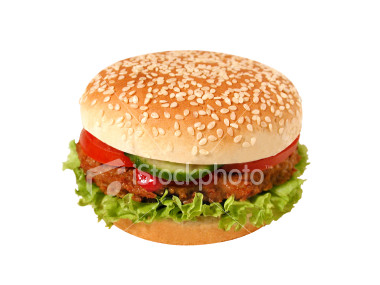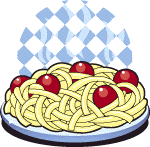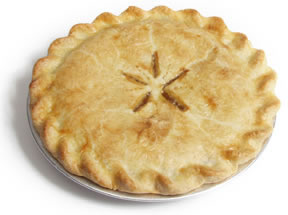





M.G. MAZZOCCHI, G.BUFFONI, Y. CAROTENUTO, S. PASQUALI, M. RIBERA
D'ALCALA'
Effects of food conditions on the development of the population of
Temora stylifera: A modeling
approach
Jounal of Marine Systems, 62 (2006), 71-84.
We integrated field and laboratory data with modeling to determine
the
extent to which the temporal patterns in population abundance of a
copepod species
as observed at sea may be explained by differences in production and
mortality rates
due to diet. A Lagrangian individual-based model utilizing birth and
mortality
rates whose values and variance were derived from
the effects of dietary composition was
implemented to simulate the growth of the multi-staged population of Temora stylifera. The four diets considered
were represented by unialgal cultures of the dinoflagellate Prorocentrum
minimum or the diatom Thalassiosira rotula, a
mixture of the
two species, and natural particle assemblages < 50 mm. The aim of this work was to set up an exemplary study
on a
debated issue, i.e., whether the insidious effect of a diatom diet
demonstrated
in laboratory experiments plays a role in the time course of copepod
populations
in situ. Our numerical simulations
showed that differences in life history parameters, as mainly dependent
on
diet, caused remarkably different population growth rates. However, our
model reproduced
the pattern of an average seasonal cycle of T.
stylifera in Mediterranean coastal waters only when it utilized
time-dependent field data, which evidently
integrate
all conditions the animals experience at sea. Proper tuning of the
mortality term
of developmental stages was crucial to reproduce the pattern of the
time course
of T. stylifera abundance in situ,
which confirms that this term plays
a major role in shaping the copepod population dynamics. The
model also showed that, while dietary composition affects the
population
growth, it is far from being the only determinant of the cycle of
abundance of T. stylifera at sea.





